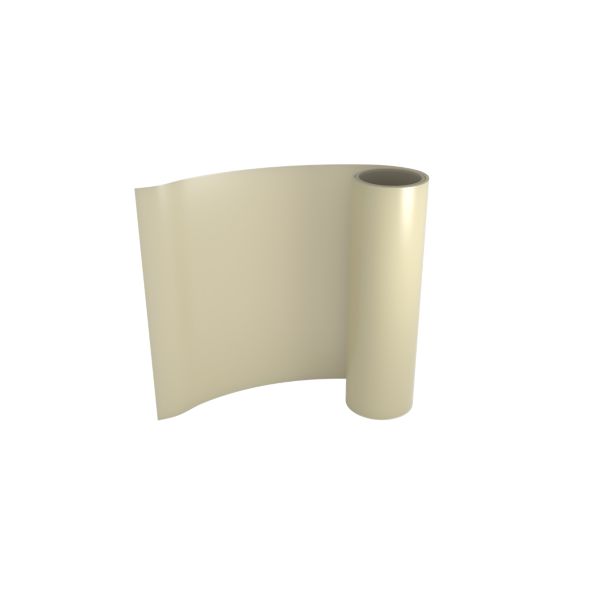LOCTITE ABLESTIK ECF 563
Harmonization Code : 3920.99.28.90 | Other plates, sheets, film, foil and strip, of plastics, non-cellular and not reinforced, laminated, supported or similarly combined with other materials ; Of other plastics ; Other; Other
Main features
- Electrically conductive
- Thin uniform bondline control
- Passes NASA ougassing
Product Description
LOCTITE ABLESTIK ECF 563 unsupported epoxy adhesive film is ideal for bonding "hot" devices onto heat sinks in applications where electrical insulation is not required. This adhesive provides RF/EMI shielding in bonding microwave substrates into packages.
LOCTITE ABLESTIK ECF 563 assembly adhesive film has very low squeeze oute during bonding and passes NASA outgassing standards.
Cure Schedule
- 30 minutes @ 150°C
- 2 hours @ 125°C
Technical Specifications
| General Properties | |||||||
| |||||||
| |||||||
| Work life @25°C Work life @25°C Work life is the amount of time we have to work with a material until it is no longer able to be easily worked and applied on a substrate. It is based on the change in viscosity and it can rely on the application requirements. | 2184 hours | ||||||
| Electrical Properties | |||||||
| Volume Resistivity Volume Resistivity Volume resistivity, also called volume resistance, bulk resistance or bulk resistivity is a thickness dependent measurement of the resistivity of a material perpendicular to the plane of the surface. | 4.0x10-3 Ohms⋅cm | ||||||
| Thermal Properties | |||||||
| |||||||
| Glass Transition Temperature (Tg) Glass Transition Temperature (Tg) The glass transition temperature for organic adhesives is a temperature region where the polymers change from glassy and brittle to soft and rubbery. Increasing the temperature further continues the softening process as the viscosity drops too. Temperatures between the glass transition temperature and below the decomposition point of the adhesive are the best region for bonding. The glass-transition temperature Tg of a material characterizes the range of temperatures over which this glass transition occurs. | 88 °C | ||||||
| Thermal Conductivity Thermal Conductivity Thermal conductivity describes the ability of a material to conduct heat. It is required by power packages in order to dissipate heat and maintain stable electrical performance. Thermal conductivity units are [W/(m K)] in the SI system and [Btu/(hr ft °F)] in the Imperial system. | 1 W/m.K | ||||||



